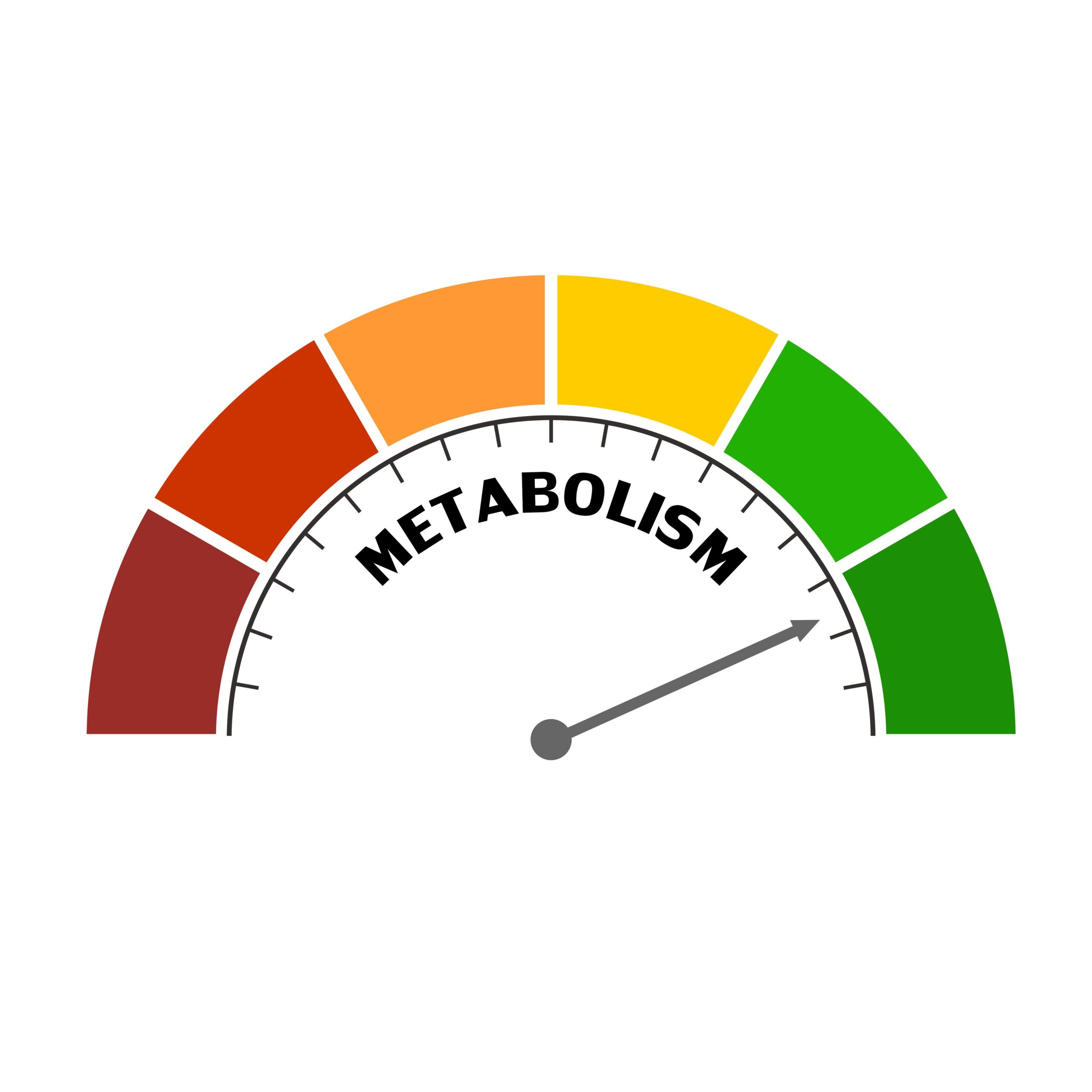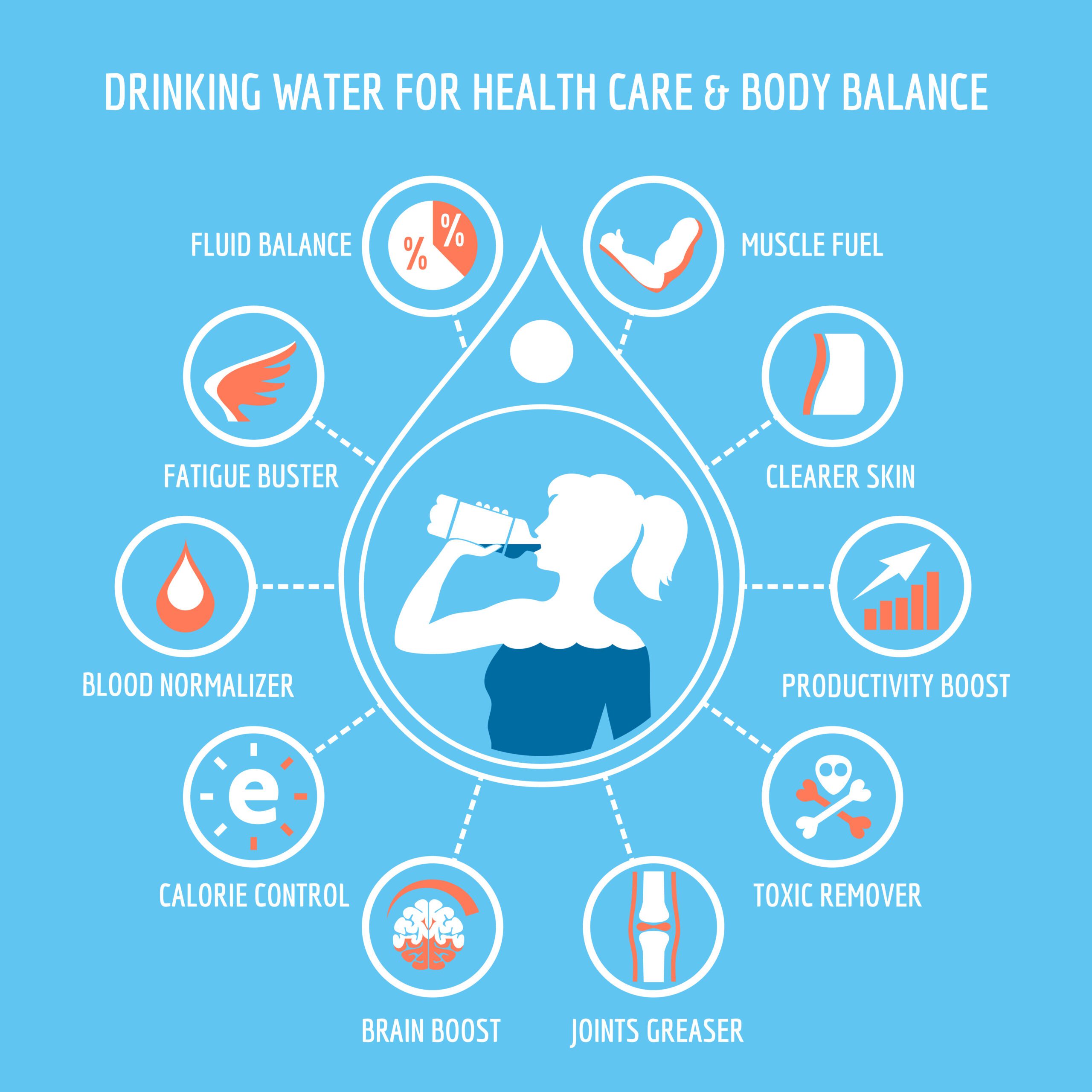Fuel Your Fire: 10 Proven Ways to Naturally Boost Your Metabolism
July 12, 2023
 780
780 
Written By: Jack Riess NASM Certified Personal Trainer and Life Long Researcher of Health and Longevity.
Think of metabolism as the engine in your body’s car. Like any engine, it keeps your body running smoothly and efficiently.
But unlike a car, which typically burns just one type of fuel, your body is a little more complex.
It constantly converts the food you eat into the energy it needs to power everything you do, from moving to thinking to growing.
Metabolism is more than just a buzzword linked to weight loss; it plays a crucial role in your health, well-being, and vitality.
If your metabolic functions are in good shape, you’ll have plenty of energy, your body will function smoothly, and you’re less likely to gain weight.

But a sluggish metabolism can leave you feeling tired and prone to weight gain.
Various factors shape your metabolism, including age, gender, and genetic factors, which we can’t change.
However, physical activity and diet – two factors well within our control – have a significant influence on metabolic function.
This blog aims to dive deeper into understanding metabolism and provides proven strategies to naturally increase your metabolism.
So, let’s put the pedal to the metal and get started!

Metabolism is a two-part process consisting of anabolism and catabolism.
Anabolism is the building-up aspect of metabolism.
Think of it as your body’s construction team, using nutrients from food to create more complex molecules for growth and repair.
On the other hand, catabolism is the breaking-down aspect of metabolism.
It’s like your body’s demolition team, breaking down complex substances to provide energy for your body’s various functions.
BMR, or Basal Metabolic Rate, is a critical element of your metabolism.
It’s the number of calories your body burns at rest to maintain vital body functions like breathing, blood circulation, and cell production.
Essentially, it’s how much energy your body requires if you were to do nothing but rest all day.
Your BMR accounts for about 60-75% of the total calories you burn each day.
Your metabolism plays a significant role in weight management and overall health.
A speedy metabolism can help you burn more calories and make weight loss easier.
Plus, a well-functioning metabolism ensures your body effectively carries out essential functions, which keeps your body working optimally, enhancing overall health.
Understanding how metabolism works are the first step in figuring out how you can make it work in your favor.
Stick around as we journey through the intricate workings of your body’s engine – your metabolism!

Food is more than just a means to satisfy your taste buds; it’s the fuel that drives the body.
Every bite you take gets broken down into nutrients that your body uses for various purposes.
Carbohydrates are converted into glucose for immediate energy, proteins into amino acids for growth and repair, and fats into fatty acids for long-term energy storage.
Just as a car runs best with high-quality fuel, your metabolism is optimized by a balanced diet.
A diet rich in a variety of nutrients helps ensure that your body has what it needs to run efficiently.
Consuming the right amount of carbohydrates, proteins, and healthy fats ensures your metabolism stays in high gear, helping your body function optimally and maintaining a healthy weight.
Let’s dig deeper into some nutrition strategies that can naturally ramp up your metabolism.

Nutrition can be a powerful tool to rev up your metabolism.
By incorporating these strategies, you’re well on your way to boosting your metabolic engine. Stay tuned as we explore the role of physical activity up next!

Just as a car’s engine revs when you step on the gas, physical activity kickstarts your metabolism.
Exercise increases the amount of energy (calories) your body uses, both during the activity and afterward as it recovers.
Not only that, but regular exercise helps build muscle, which at rest, burns more calories than fat.
Different forms of exercise have different impacts on your metabolic rate.
Aerobic exercise, such as running or cycling, increases your metabolism while you’re active and for a short period afterward.
Anaerobic exercises, like weight lifting, may not cause as much of an immediate spike, but they help build muscle mass, which can increase your metabolism in the long term.
With the right balance of these exercises, you can create a powerful one-two punch for your metabolism.

Boosting your metabolism isn’t just about doing more, it’s about doing smarter.
With the right combination of diet and exercise, you can harness your body’s natural calorie-burning power.
Up next, we’ll look at the role of sleep and other key factors that can help or hinder your metabolic function. So, keep reading!

Don’t underestimate the power of a good night’s sleep! Restful sleep is critical for a healthy metabolism.
Lack of sleep can disrupt the balance of hormones that regulate hunger and satiety, leading to increased appetite, poorer food choices, and ultimately weight gain.
By ensuring sufficient sleep, you’re helping your body maintain a steady metabolic rate and promoting overall health.

By now, you’ve learned that your metabolism is much more than just a calorie-burning engine.
It’s a complex system influenced by various factors – nutrition, physical activity, sleep, and even stress levels.
We’ve explored ways to keep your metabolism humming, from staying hydrated and consuming a balanced diet to incorporating HIIT and strength training into your workout routine.
Remember, the journey to a healthier metabolism isn’t about quick fixes—it’s about sustainable, long-term changes.
Adopting a balanced approach to diet, exercise, and sleep, along with effective stress management, can help you naturally boost your metabolism.
Let’s rev up those metabolic engines and embrace the journey towards a healthier, more energetic you!
And as you embark on this journey, remember that every small step counts, and consistency is key. You’ve got this!

A new study suggests that a widely used sugar substitute found in diet sodas, chewing gum, and low-sugar yogurt may elevate insulin levels. This could increase the long-term risk of heart disease. “Artificial sweeteners have infiltrated nearly all types of food, making it crucial to understand their long-term health effects,” said Yihai Cao, senior author […]

Diet Coke has long been a fan-favorite among soda lovers who want a fizzy, guilt-free alternative to traditional soft drinks. While its zero-calorie, zero-sugar label makes it seem like a healthier option, the reality is far more concerning. Despite its undeniable popularity, Diet Coke’s nutritional profile has raised red flags among health experts for years. […]

New study shows that embracing an anti-inflammatory, plant-forward diet can support cognitive function and help reduce the risk of dementia. What You Eat Shapes Your Brain The food you eat doesn’t just impact your body—it also affects your brain. Research suggests that eating an anti-inflammatory, plant-based diet can help improve memory, focus, and overall brain […]